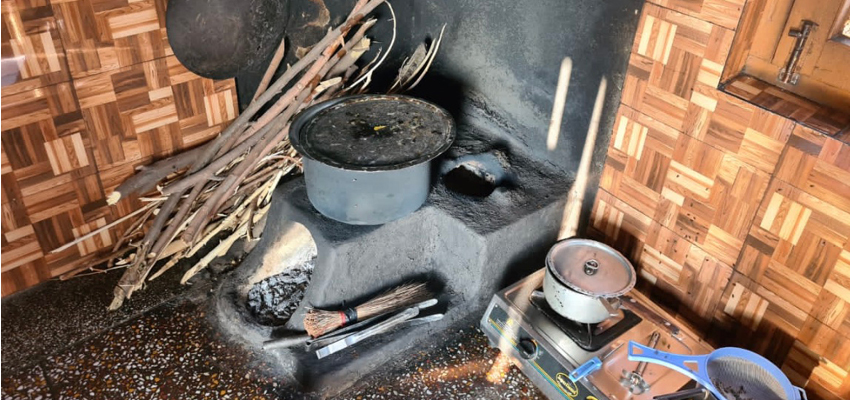
SB Thesis: Participatory Design in the Himalaya: Understanding Himalayan Home Cooking and Heating Practices
Abstract
Communities in the Himalaya continue to use biomass-fueled cooking and heating arrangements, which have the potential to introduce harmful levels of household air pollution (HAP) and use fuels inefficiently. Utilizing participatory design practices, fifteen surveys were conducted in three villages in the Chakrata district of Uttarakhand, India to assess household cooking and heating problems and needs. The scale of the survey implementation was in part limited due to the COVID-19 pandemic and its devastating impact on India during 2020 and 2021. The results of these surveys indicated a need for more efficient cooking and heating systems that emit less HAP. These households presented different needs than surveys of other regions of the Himalaya, underscoring the necessity of participatory design and co-creation at even the village level for possible cooking and heating solutions. Following this preliminary survey, next steps were created on clarifying answers from the community, gathering measurements of household cooking and heating methodologies, and evaluating priorities and potential solutions.
More information
MIT D-Lab Research: Household Energy Efficiency, Biomass Fuels and Cookstoves
MIT News article: Sustainable solutions at home and abroad: Mechanical engineering student Arnav Patel is on a mission to promote sustainability — from Cambridge to the Himalaya
Contact
Dan Sweeney, MIT D-Lab Research Scientist

